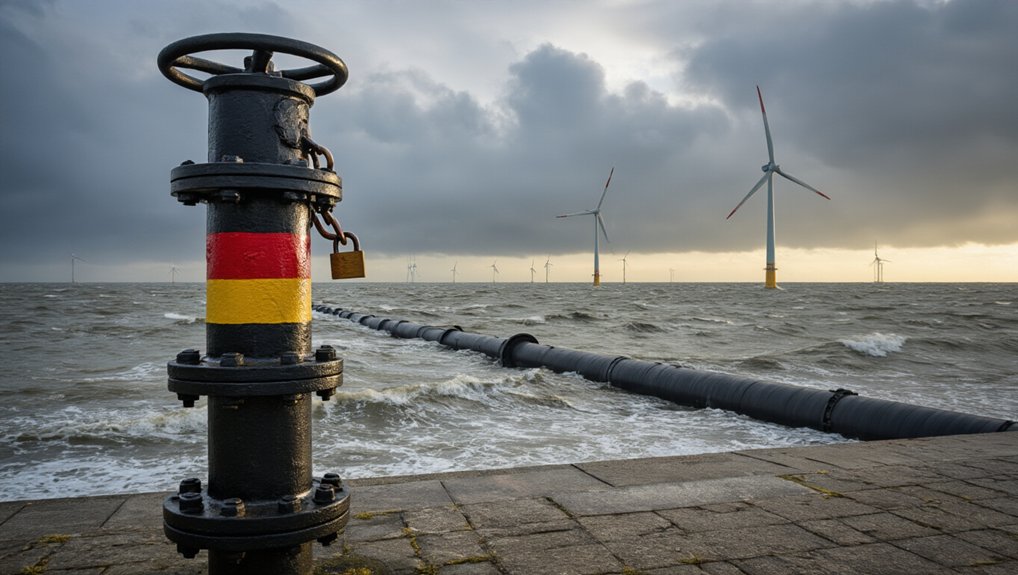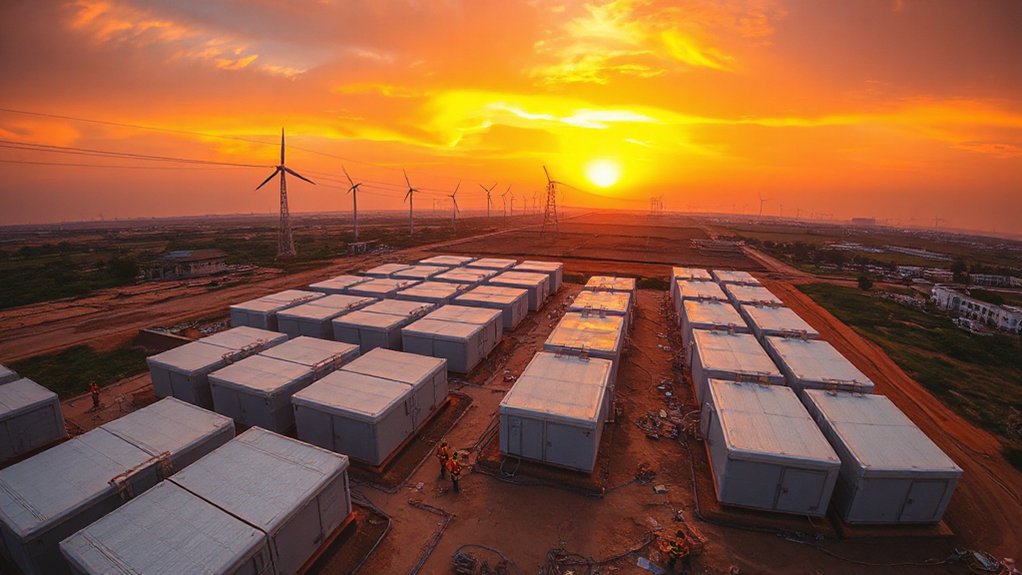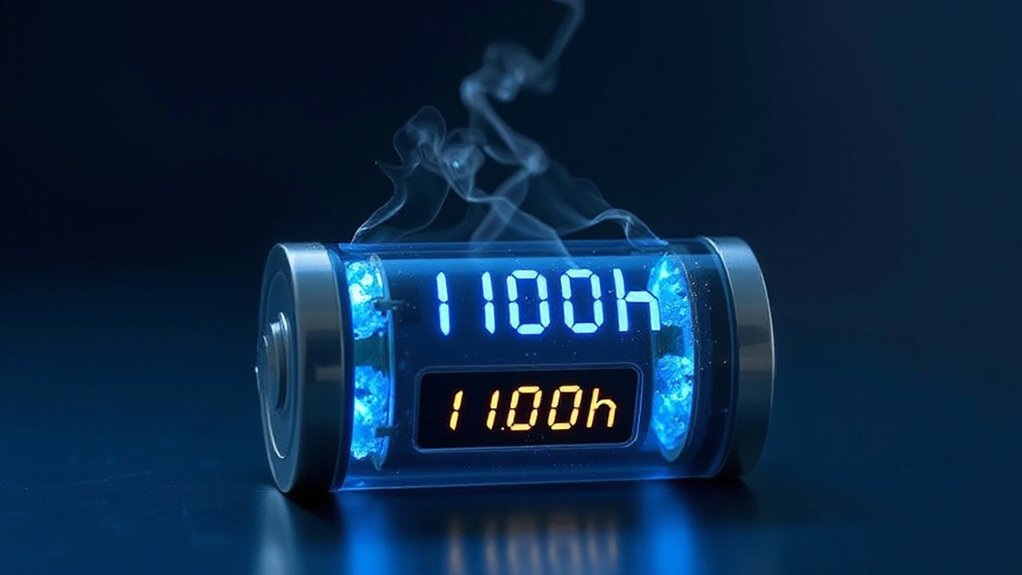While Russia dreams of gas flowing once again through the Baltic seabed, Germany is busy throwing up legal roadblocks at every turn. Chancellor Friedrich Merz isn’t messing around. His government is exploring every legal avenue possible to permanently disable those pesky Nord Stream pipelines. They’ve made it crystal clear – Nord Stream 2 lacks an operating license, and they’re not planning to change that anytime soon.
Berlin has repeatedly promised to “do everything” to keep Nord Stream 2 dormant. They say it with such conviction you’d think the pipeline personally insulted their mothers. These statements aren’t just hot air either. The Germans are backing them up with actual legislative and regulatory measures. The economy ministry is actively discussing investment screening amendments to prevent ownership changes that could enable pipeline reactivation.
Berlin’s Nord Stream blockade isn’t just talk – they’re systematically burying that pipeline under an avalanche of legal barriers.
Funny how quickly priorities can change when your energy supplier invades a neighboring country. The 2022 sabotage certainly didn’t help matters. Nobody can agree on who blew holes in the pipelines, but everyone agrees it made an already complicated situation exponentially worse. Repairs? Don’t hold your breath. They’d be technically complex and politically radioactive.
Eastern European nations like Poland, Slovakia, and Ukraine are cheering from the sidelines. They’ve opposed Nord Stream from day one, worried about lost transit fees and security implications. The EU Commission isn’t a fan either, viewing the pipeline as contradictory to Europe’s energy independence goals. Some environmental groups are highlighting that the situation creates an opportunity to shift towards sustainable alternatives like geothermal energy, which produces virtually zero air pollution.
For Germany, this represents a stunning reversal of decades-old energy policy. Once upon a time, cheap Russian gas was the backbone of German industry. Now it’s the symbol of strategic myopia. The economic pain is real, though. Higher energy costs are squeezing German factories, and some opposition politicians are questioning whether the permanent closure is worth it. The German industrial sector is facing critical challenges with energy costs 2-3 times higher than competitors in the U.S. or Asia.
Russian interests and their German sympathizers keep pushing for restoration. But Merz’s government seems determined to build an impenetrable wall around Nord Stream – not of concrete, but of laws and regulations. In this new European energy war, Germany has chosen its side.
References
- https://slguardian.org/germany-moves-to-block-reactivation-of-nord-stream-pipelines-amid-security-concerns/
- https://energynewsbeat.co/germany-doubles-down-on-blocking-nord-stream-revival-choosing-deindustrialization-over-affordable-energy/
- https://www.cleanenergywire.org/factsheets/gas-pipeline-nord-stream-2-links-germany-russia-splits-europe
- https://www.politico.eu/article/germany-friedrich-merz-vows-keep-nord-stream-2-pipeline-out-operation/
- https://www.upstreamonline.com/energy-security/german-chancellor-rules-out-restart-of-nord-stream-2-pipeline/2-1-1820834





